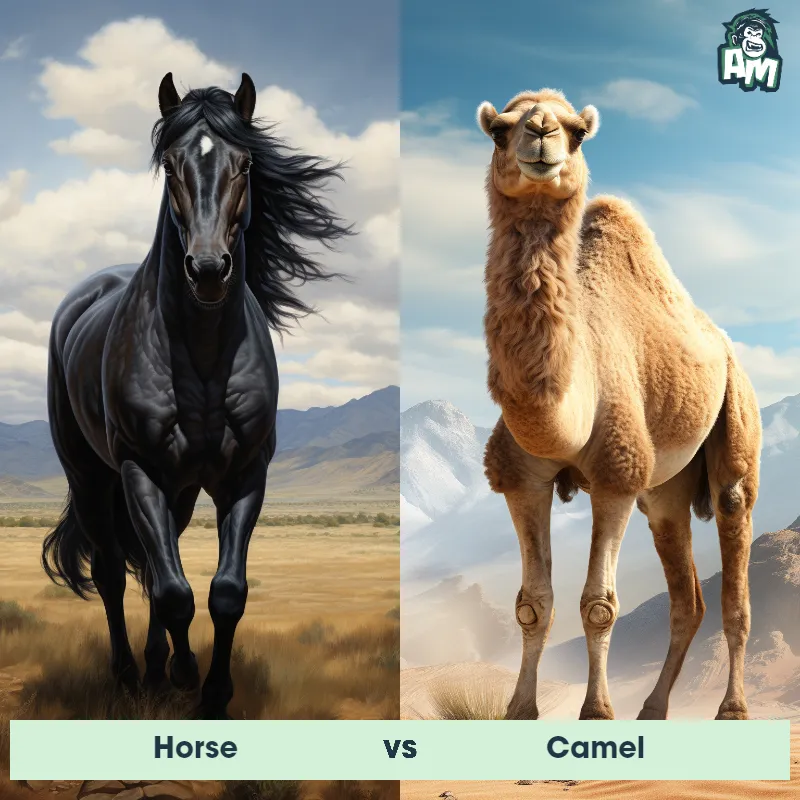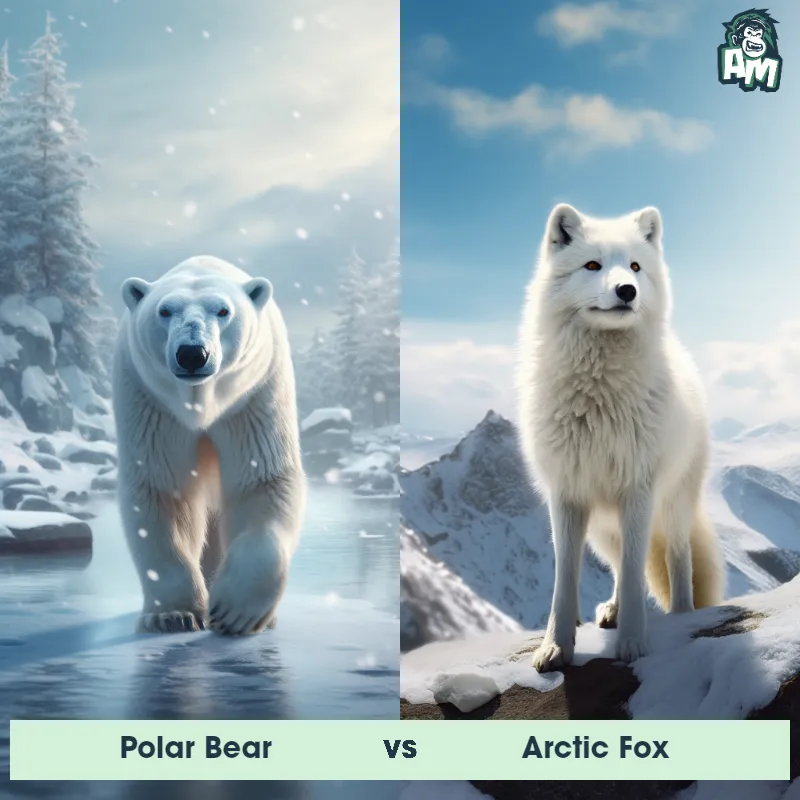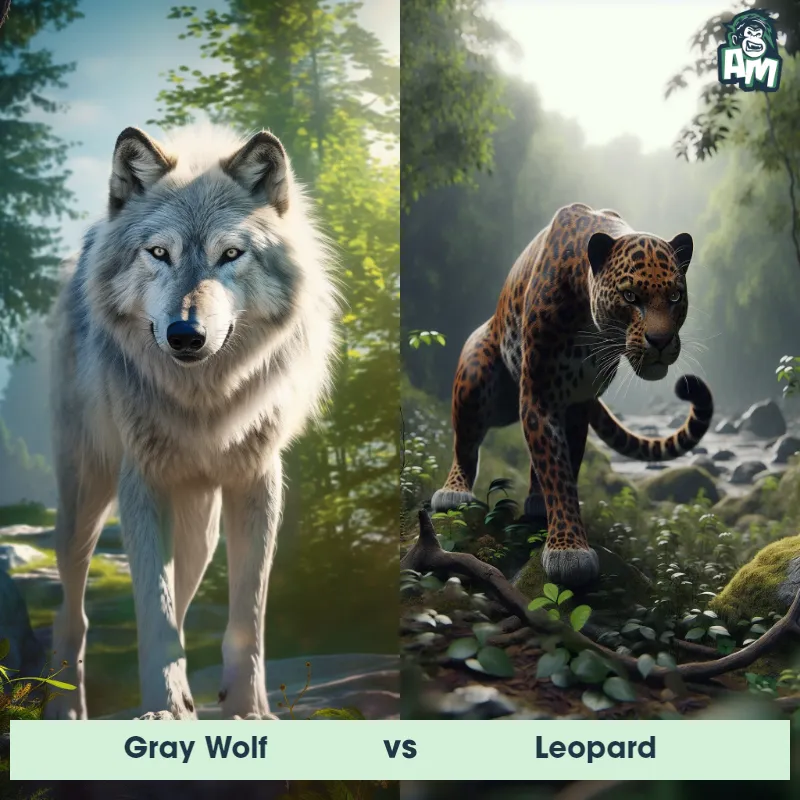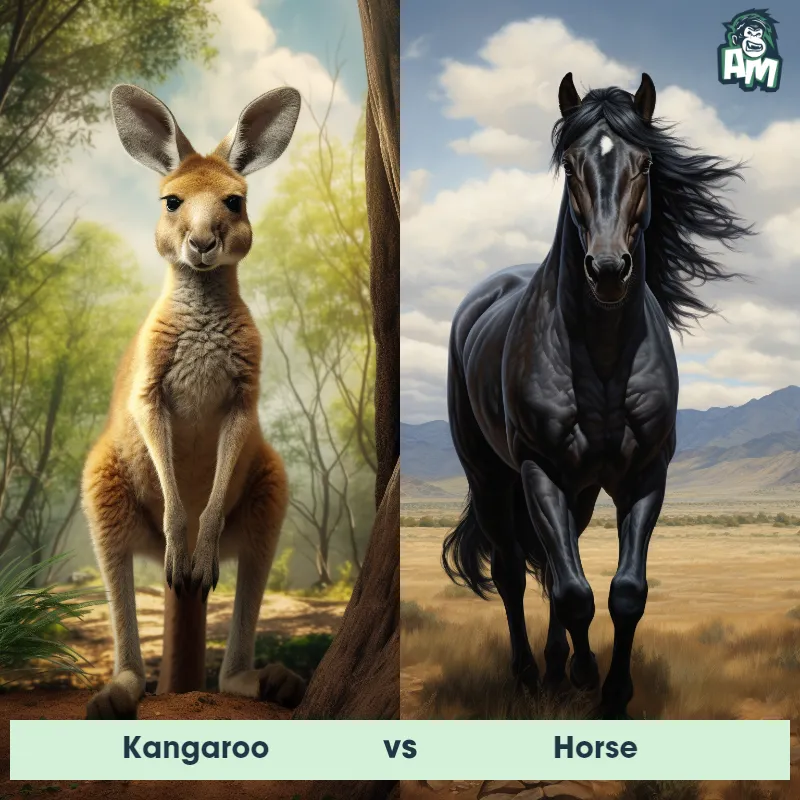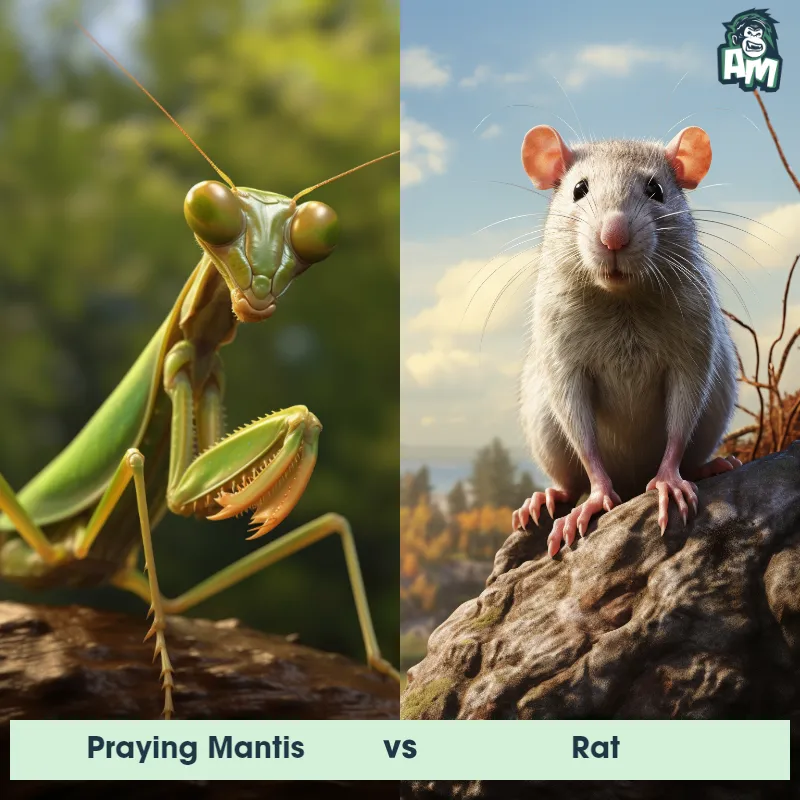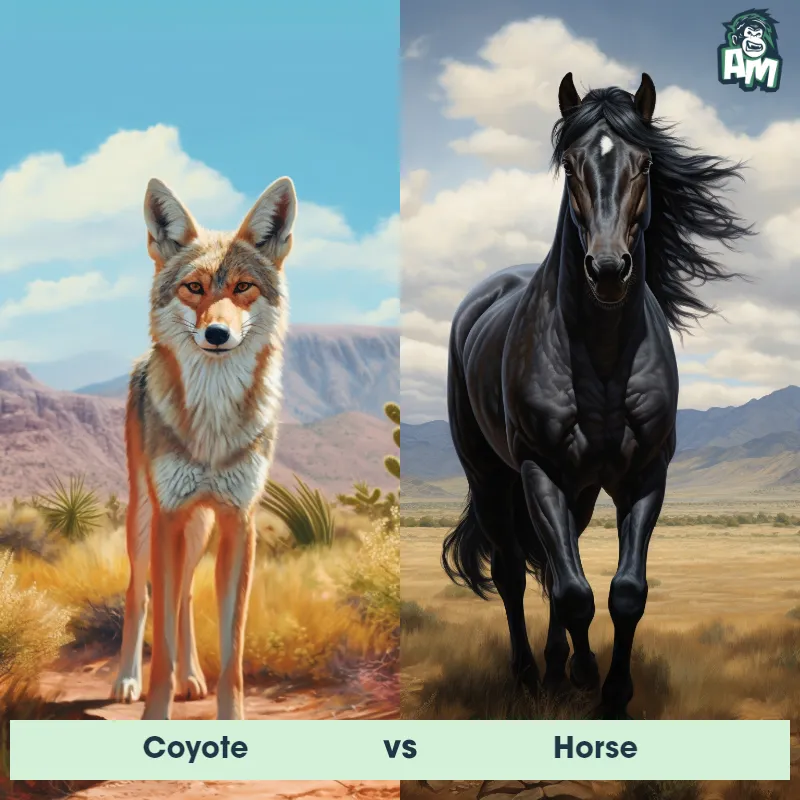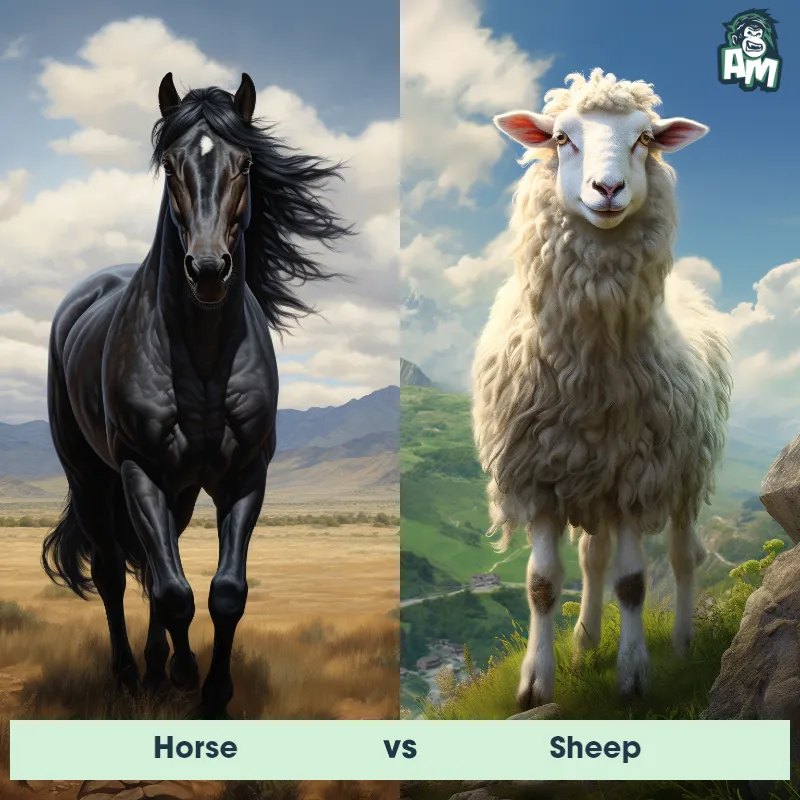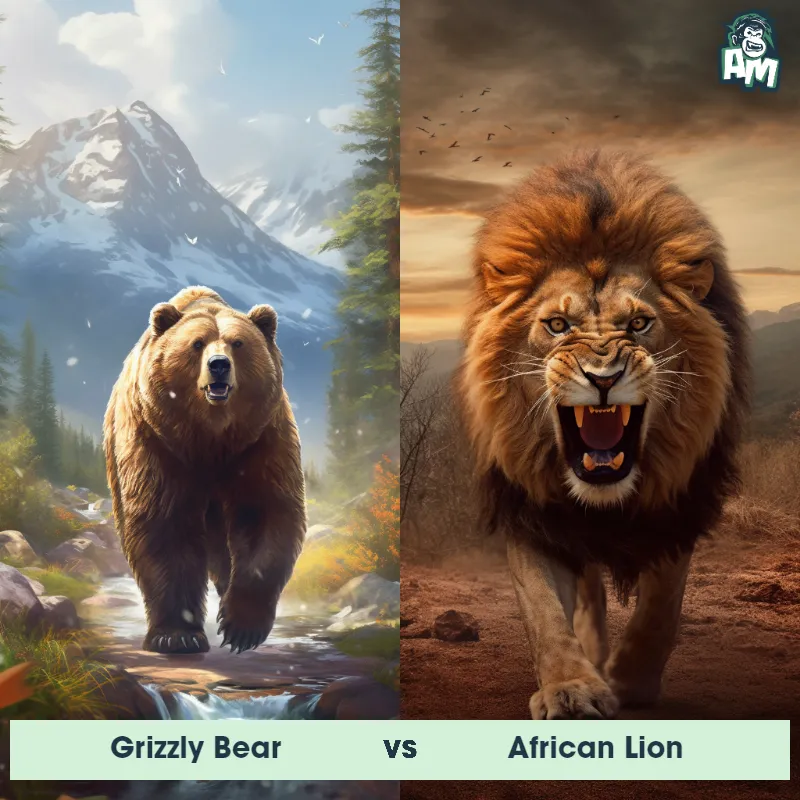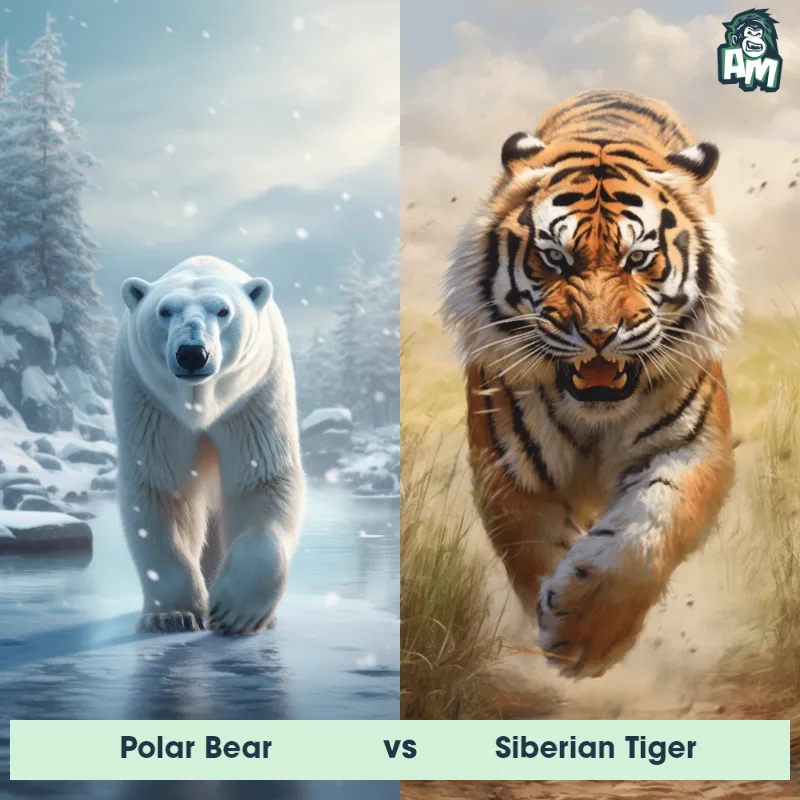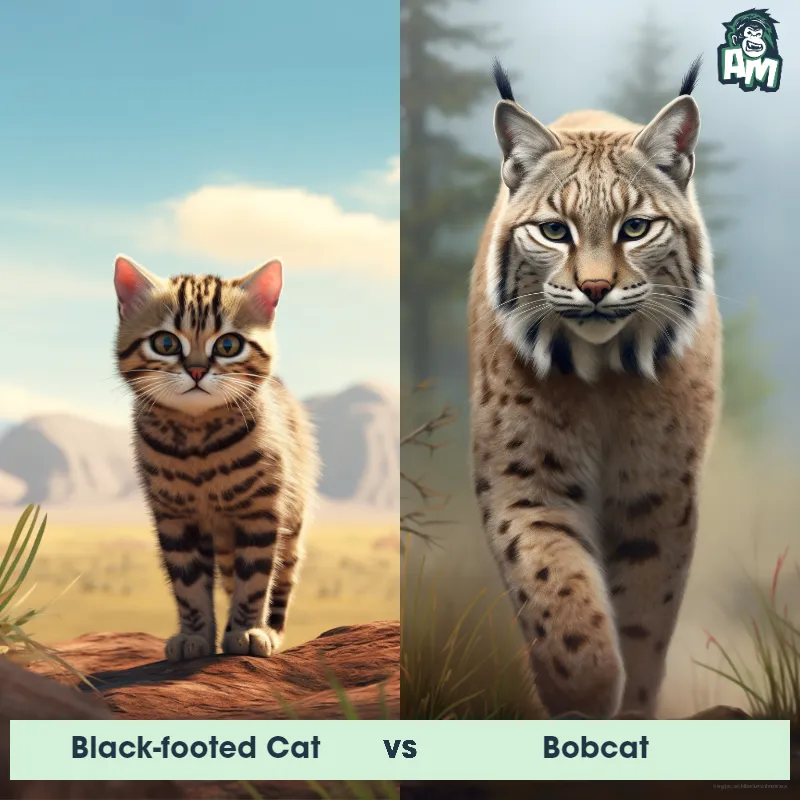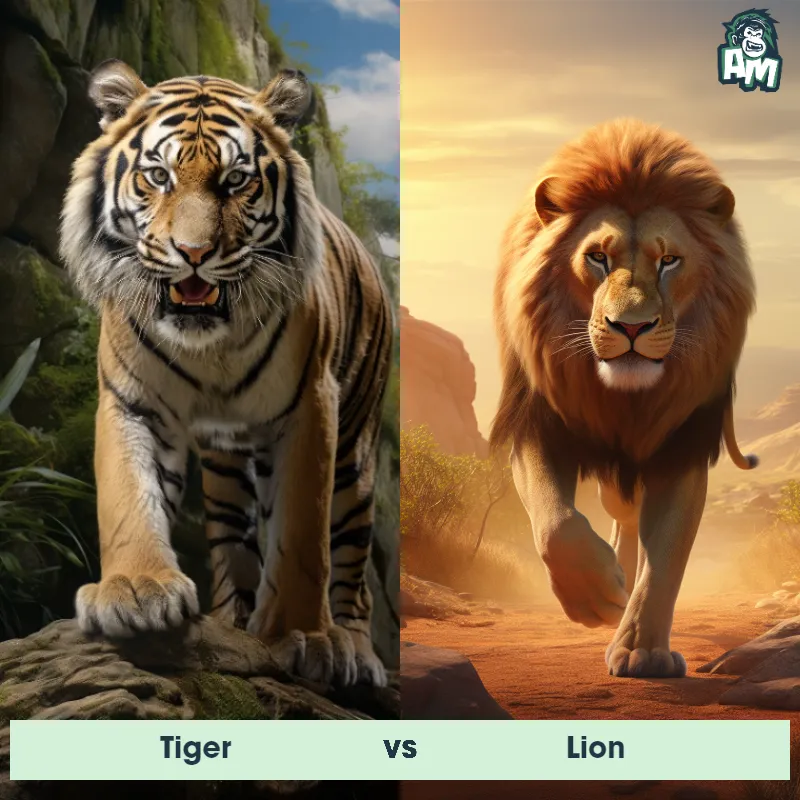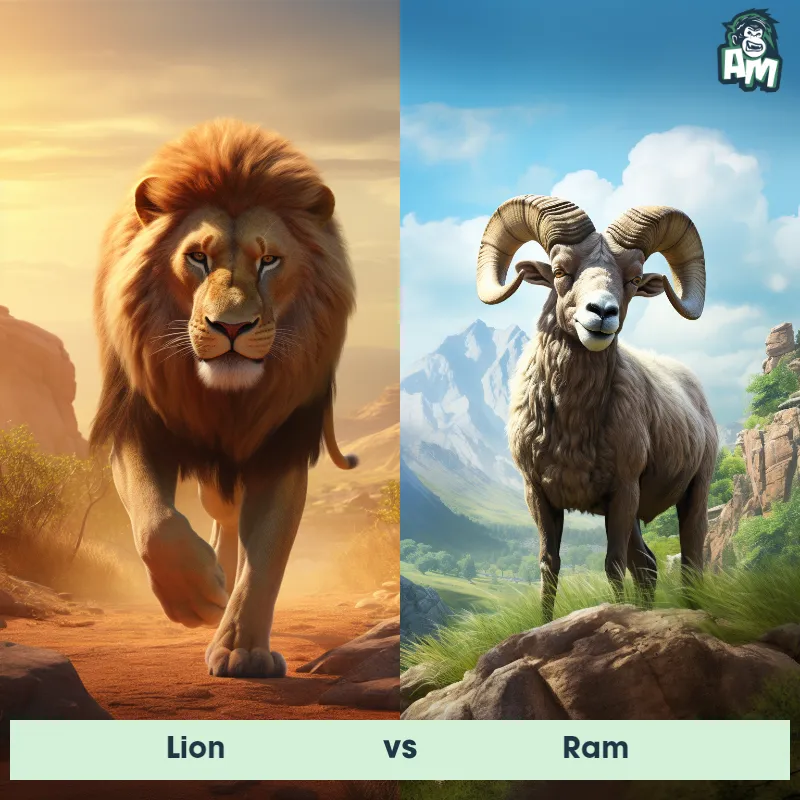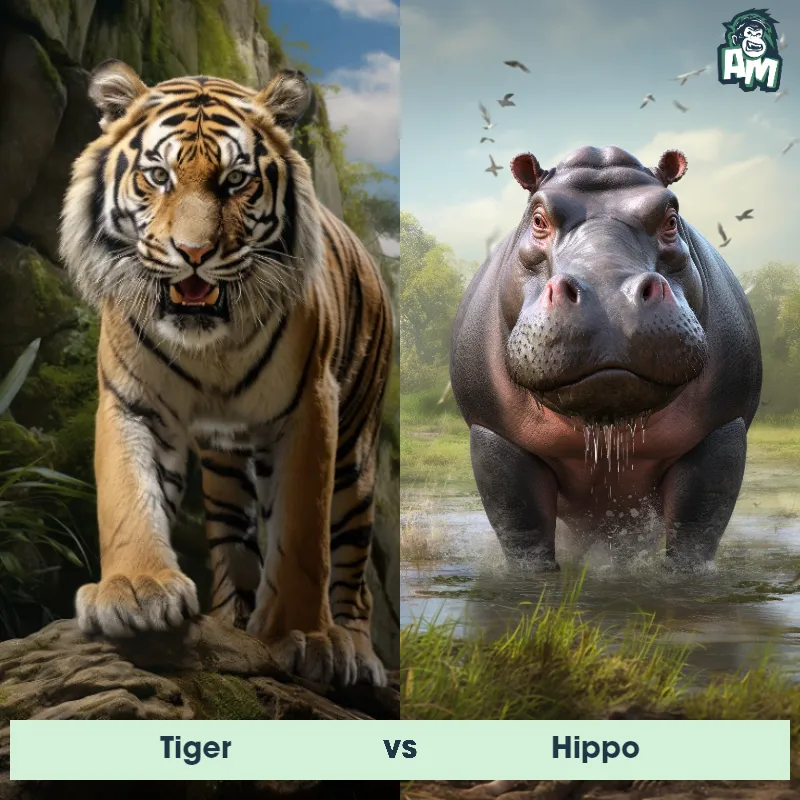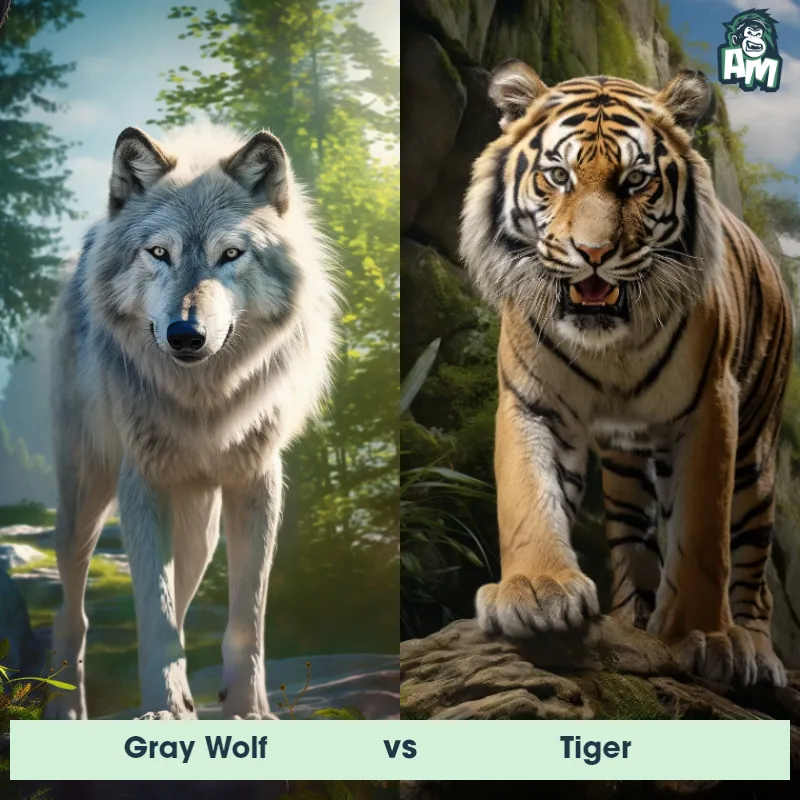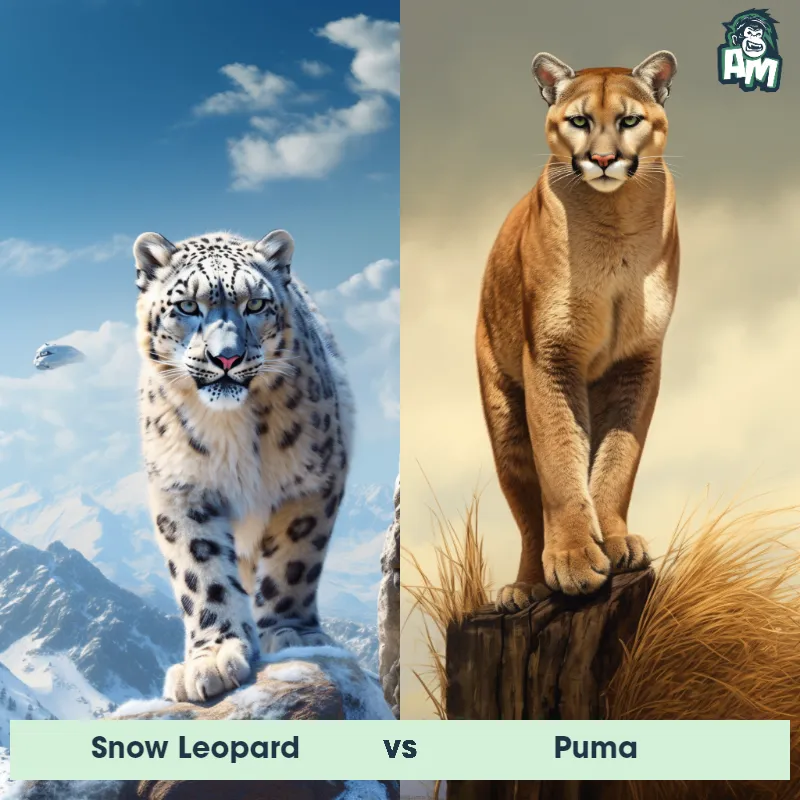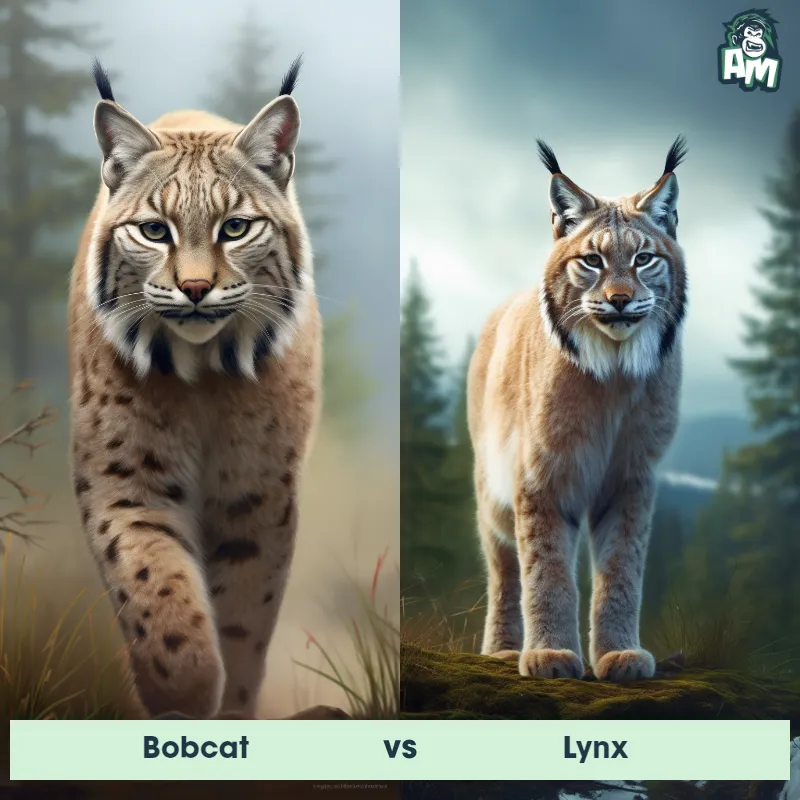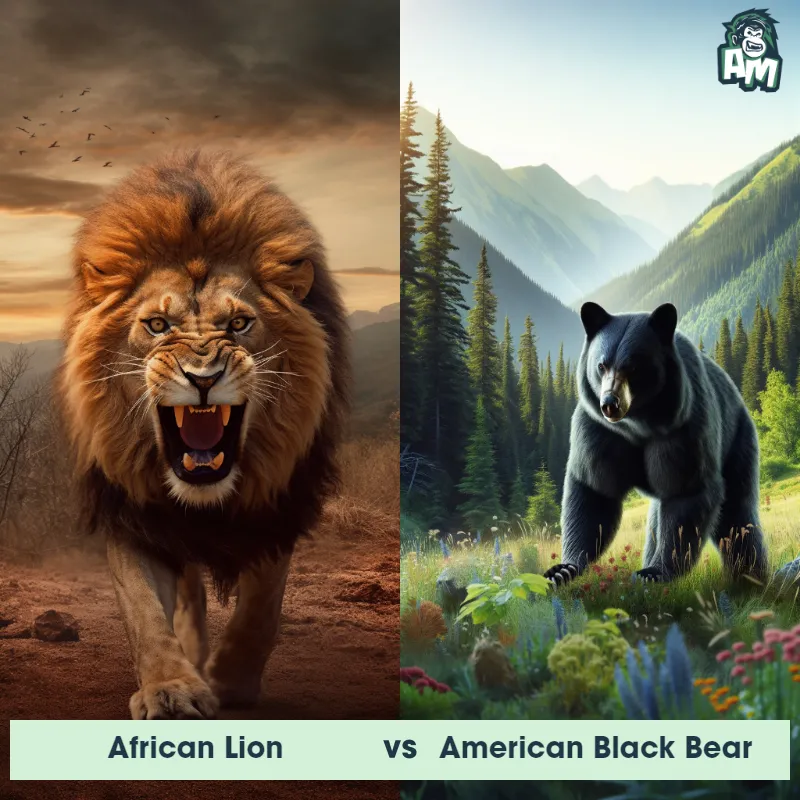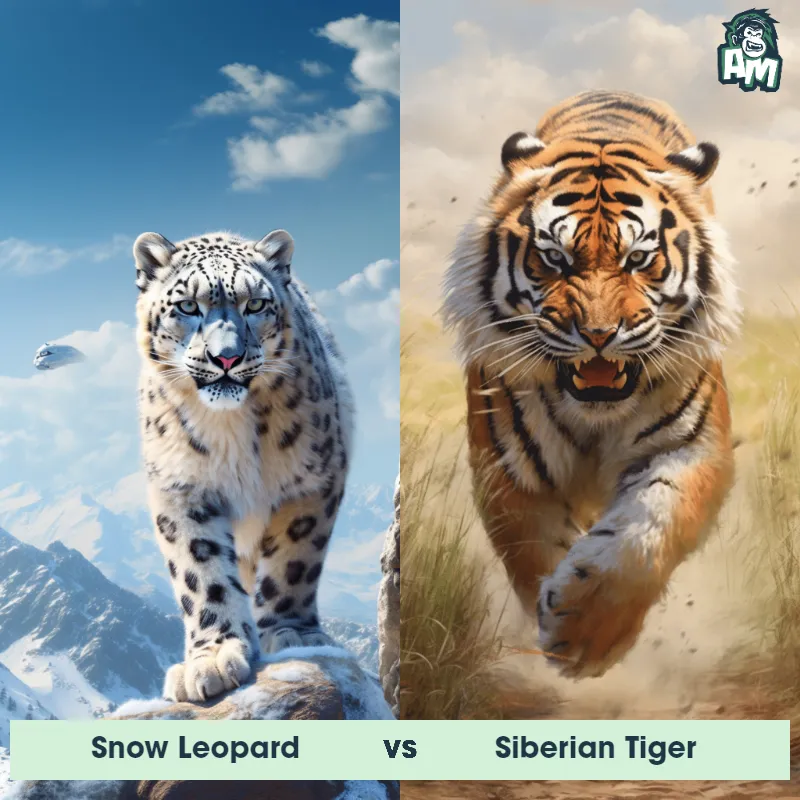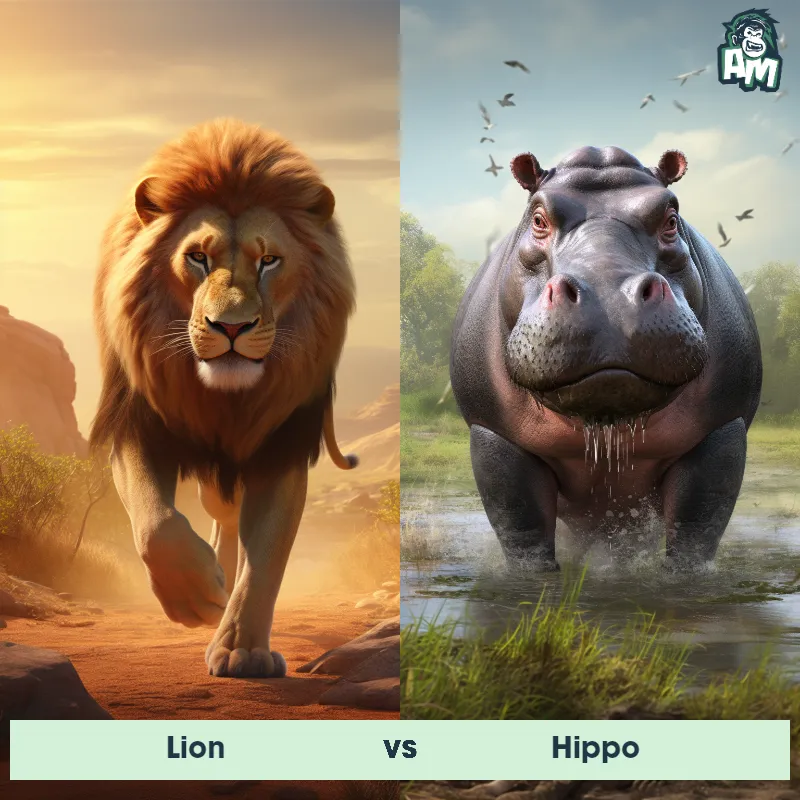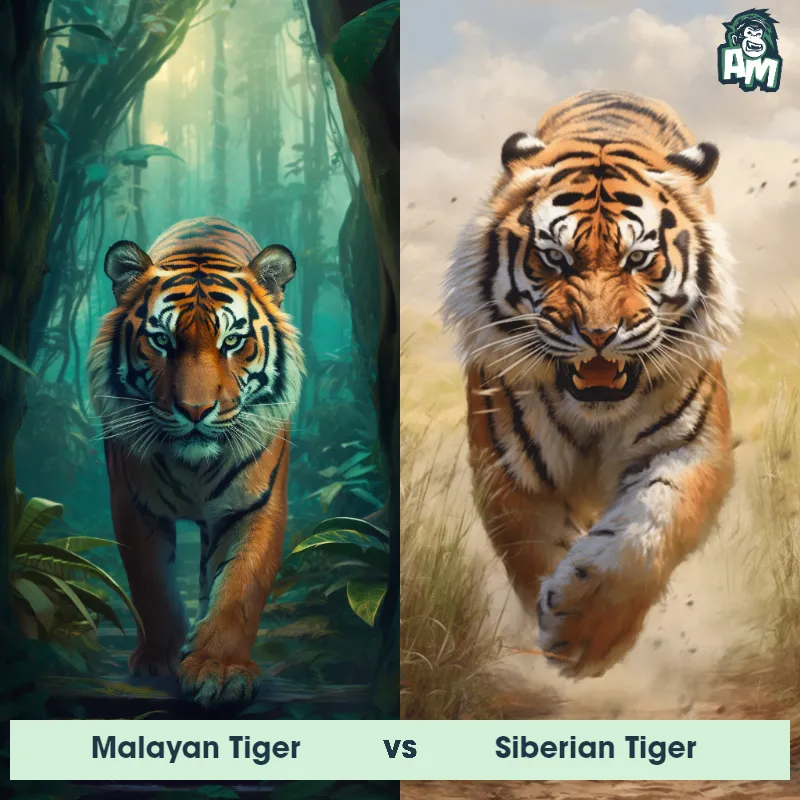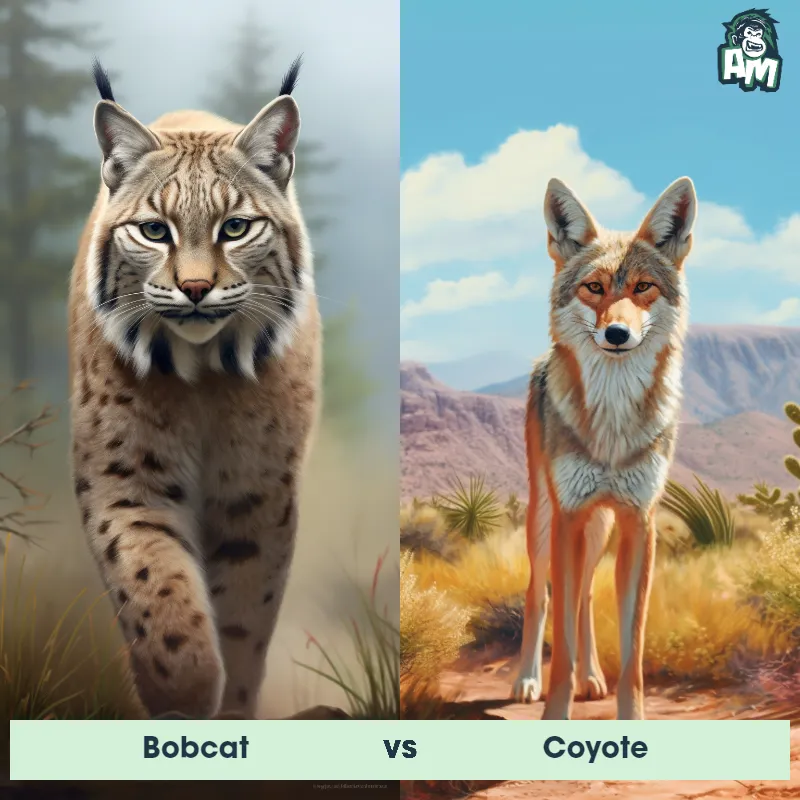Lynx vs OcelotSee Who Wins

As the air buzzes with anticipation, two distinct figures enter the battleground: the agile lynx, marked by its tufted ears and sharp gaze, and the ocelot, sleek and focused, a creature of undeniable beauty and strength. Both competitors are renowned for their agility and ferocity, and spectators can hardly contain their excitement for the face-off that's about to ensue.
Contender 1: Lynx
The Lynx is a medium-sized wild cat with distinctive tufted ears, short tail, and spotted fur. They have powerful legs and sharp claws, which make them excellent hunters. Lynx are solitary animals and are found in forests and mountainous regions across Europe, Asia, and North America.
Fun Fact: Lynx have excellent hearing and can detect prey up to 75 feet away, even under a thick layer of snow.
Contender 2: Ocelot
The Ocelot, also known as the dwarf leopard, is a small wild cat native to South and Central America. They have a distinctive coat pattern of black spots and stripes on a tawny background, with a white belly and dark stripes on their cheeks. Ocelots have large, expressive eyes and short, rounded ears. They are skilled climbers and hunters, with sharp claws and teeth.
Fun Fact: Ocelots are excellent swimmers and are known to catch fish in the water.
Matchup Stats
| Lynx | Ocelot | |
|---|---|---|
| Size | 18-24 inches (45-60 cm) at the shoulder | 2-3 feet (0.6-0.9 meters) in length |
| Weight | 18-24 pounds (8-11 kg) | 20-35 pounds (9-16 kilograms) |
| Speed | Speed: 50 mph (80.47 km/hr) | Speed: 50 mph (80.47 km/hr) |
| Key Strength | Powerful legs and sharp claws | Agility and sharp claws |
| Biggest Weakness | Short tail | Lack of size and strength compared to larger predators |
Current Votes
Lynx vs Ocelot
See Who Wins
View More Matches
Looking For More?
Similar Matches
Scientific Stats
| Lynx | Ocelot | |
|---|---|---|
| Scientific Name | Lynx | Leopardus pardalis |
| Family | Felidae | Felidae |
| Habitat | Forests and mountainous regions | Forests, grasslands, and swamps |
| Geography | Europe, Asia, and North America | South and Central America |
| Diet | Small mammals, birds, and fish | Small mammals, birds, reptiles, and fish |
| Lifespan | 10 years - 15 years | 10 years - 13 years |
Key Differences between Lynx and Ocelot
- Tail length: The Lynx has a shorter tail, measuring around 5-15 cm, while the Ocelot's tail can be up to 45 cm long.
- Ear tufts: The Lynx has distinctive ear tufts, which are absent in the Ocelot.
- Habitat: The Lynx is found in colder regions such as Canada and Alaska, while the Ocelot is found in warmer regions such as Central and South America.
- Fur color: The Lynx has a grayish-brown coat with black spots, while the Ocelot has a yellowish-brown coat with black spots and stripes.
- Size: The Lynx is larger than the Ocelot, with a weight range of 18-24 kg compared to the Ocelot's 8-16 kg.
- Diet: The Lynx primarily feeds on snowshoe hares, while the Ocelot feeds on a variety of prey including rodents, birds, and reptiles.



